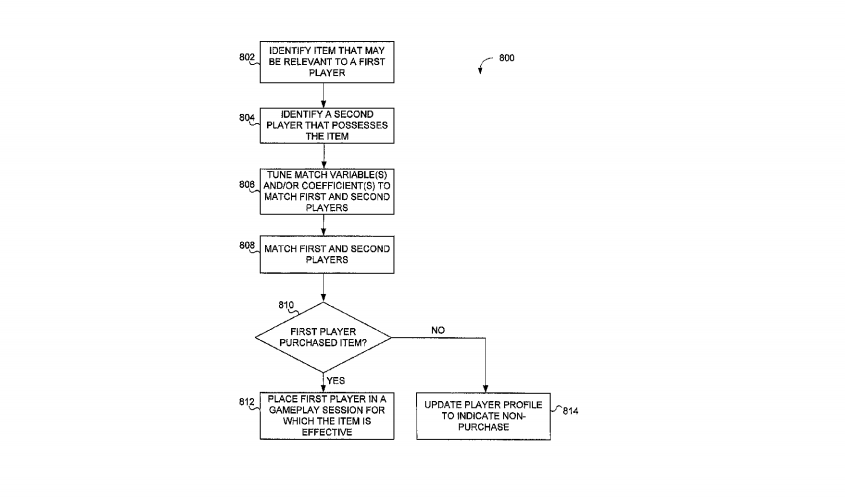Makuch, Eddie. “Fallout 76 Has Microtransactions, But Bethesda Insists It's Not Pay-To-Win.” GameSpot, Gamespot, 30 Oct. 2018, www.gamespot.com/articles/fallout-76-has-microtransactions-but-bethesda-insi/1100-6462850/.
To be honest NetherRealm studios is at least trying to reflect upon and improve their game, Bethesda is just letting it crash and burn. This game started out as trash and has gotten no better from the numerous "patches". Things supposed to be fix are still problems and the game is just bad but something irks me more than the state of the game, it's the microtransactions. In the past (release of the game) Bethesda's vice president Pete Hines said," All the content we ever put out for Fallout 76--all the DLC, all the post-launch stuff--is going to be free. That's important. And to say, the Atomic shop is cosmetic stuff. To make sure folks understand--look there's a line. There are people who have crossed it, but we're going to stay on the right side of it (This is the GameSpot citation)." Hines referring to the "right side of it" is concerning what previous developers had done to their games with pay-to-win micotranscations. Funny thing is and of course to no ones surprise they later did go back and begin putting non-cosmetic items within the atoms shop. This is a big problem because Fallout 76 is a online only game meaning these items have a tangible affect on everyone, the defention of pay-to-win. Their so called "right side" and "only cosmetic stuff'" was a downright lie, destroying the already fractured trust between them and their player base. Its as if they are kicking an already dead horse, what to they have to gain? Gamers optimism of a hopeful future especially as Skyrim 6 and Starfield were announced, were suddenly clouded with dread and sadness as the prospect of this could happen to all of their future releases. As constantly said throughout the Star Wars movies, I have a bad feeling about this.

